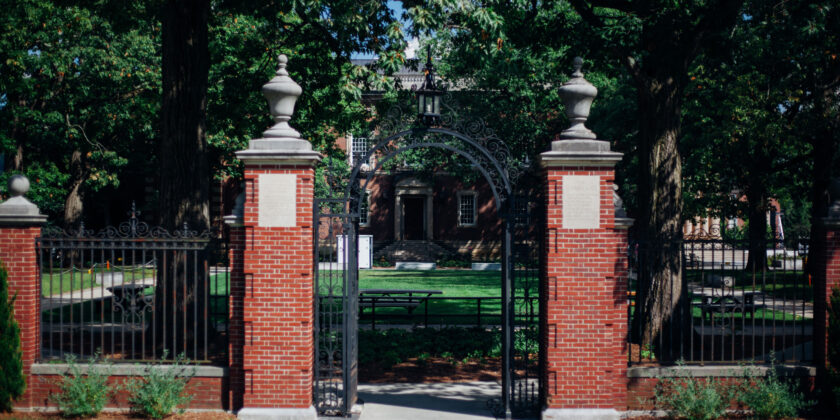High School Class of 2026 – College Acceptances
Congrats to all our seniors who shared their results with us. More to come in January when most EAs drop!
This post includes many of our students’ results reported through the end of December:
ED Admits
Boston College* (5)
Boston University* (2)
Cornell Engineering
Fordham
Northwestern
Syracuse
Vanderbilt
U. Michigan
U. Virginia* (2)
Villanova
Wake Forest
William & Mary
EA Admits
Arizona*
Alabama
Auburn*
Chapman
Clemson*
College of Charleston
Dusquene
Elon*
ESCP Business School
Fairfield*
Farleigh Dickinson
Flagler
Fordham*
Iona
Ithaca College
high Point
Hofstra
Loyola MD*
Loyola Marymount*
LSU
Marist
Michigan State*
MIT
Montclair
NJIT
Ohio State*
Ohio Wesleyan
Ole Miss
Penn State*
Pitt*
Providence College*
Quinnipiac*
Rider*
Rowan*
Rutgers*
Sacred Heart
Santa Clara*
Scranton
Seton Hall*
Siena
St. John’s*
St. Joe’s*
Stony Brook*
SUNY Binghamton*
SUNY Buffalo*
SUNY New Paltz
TCU
Texas A&M*
Tulane*
U. Central Florida*
U. Georgia*
U. Michigan
U. New Hampshire*
U. North Carolina Greensboro
U. New Hampshire
U. of the Pacific
U. Rhode Island*
U. South Florida*
U. Tennessee*
U. Vermont*
Washington State
*multiple students admitted








